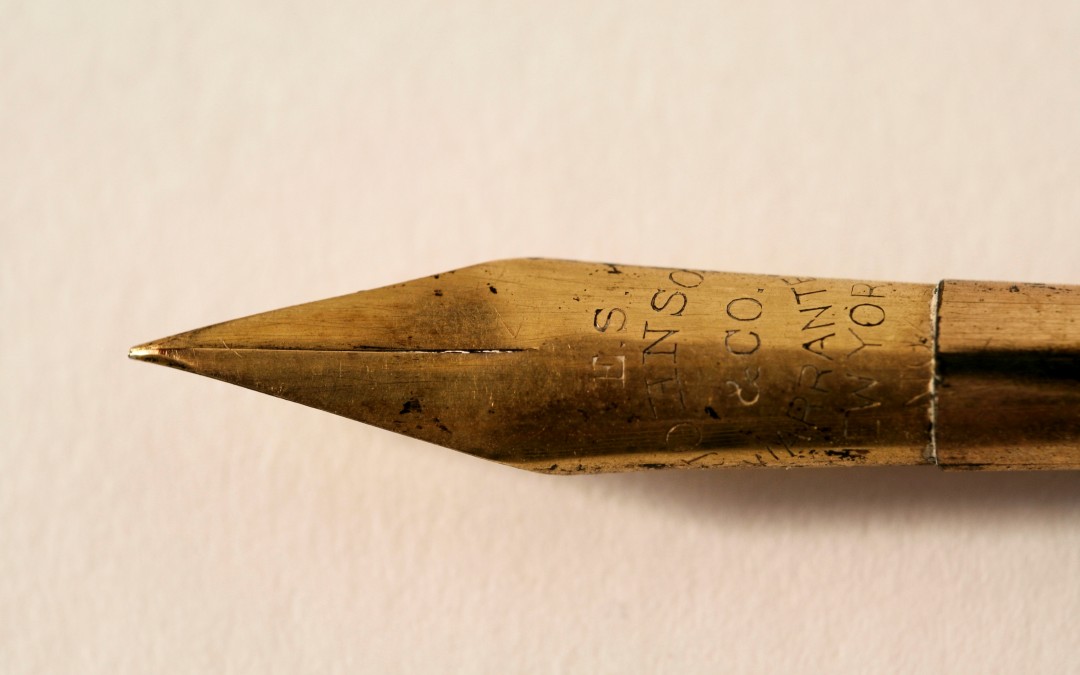In the wake of any big news item of interest or an issue of note or, say, a political election, the Internet is always filled with blogs and essays and informational articles that feature opinions, facts, opinions matched with facts and, in some cases, just plain vitriol. We don’t have to look far to find all of these things.
Back in November, when the election was happening and tempers were flying and all sorts of words were had on both sides of the political equation, a writer friend of mine posted on a forum that all writers should be careful with what they post in regards to the election, because our readers could be turned off by our words. In some ways I agree with this. In others, I don’t.
In all of history, writers have had a measurable hand in shaping society. This is part of our DNA. Some of us, in fact, pick up the pen because it’s powerful and we can effect change. I worked as a journalist for many years and was always, always humbled by the power my words had to shift public opinion and make a difference in the world. That is no small responsibility.
So, because that is no small responsibility, we must also take great care with our words. Of course I’m not suggesting that we censor anything or that we don’t communicate in the way we want to communicate. But, as a writer, one of my goals is to create a force of good in the world. When I disagree with public opinion or I see something that’s disturbing to me, I will respond to it. But I will respond in love. I take great care with the words that I speak, because I want to make sure that even if people do not agree with the words I write, they at least hear me.
When we are speaking from anger or frustration or any other potentially inflammatory emotion, we are much less likely to be heard. Same goes for writing.
[Tweet “If we write in anger or with spite or to humiliate, we won’t be heard. Love gains an audience.”]
It takes a while to get good at this sort of thing. Trust me. I wasn’t always good at letting things go, cooling my emotions before I fired off a response to something I thought was completely ridiculous or unnecessary or dishonorable to our fellow human beings.
Writers have a responsibility to their public. We have a responsibility to tell the truth, yes. But we also have a responsibility to tell the truth—our truth—in love. Always in love. We can have our dissenting, unpopular opinions, but if we present them in a way that dishonors others or walks the line of anger or disgust rather than passion and humility, we will be much less effective in our quest to move the hearts of our readers.
The question that writers encounter in the aftermath of any noteworthy event in the world is: Should I write about this? Should I share my story? Should I enter the already crowded word-sphere? And if we decide to enter it, we also have an unspoken duty to tell our whole truth, in humility always, so that others might be educated, empowered or transformed.
[Tweet “Writers have a duty to share their truth in humility and love. That’s how we’ll effect change.”]
When I think of this duty, I think of Sue Klebold’s book, A Mother’s Reckoning. I read this book a few months ago and have recommended it to everyone I know as one of the bravest books I’ve ever read. Klebold was the mother of Columbine shooter Dylan Klebold, who committed suicide in April 1999 after going down in history as one of the boys who killed more students at his high school than any other school shooter or bomber.
It took Klebold 15 years to break her silence. She did not write the book to absolve herself of any responsibility in the killings. She did not write the book to avenge herself or her family or the mistakes they may have made in the past. She did not write the book to make the public see Dylan differently. She wrote the book so that other parents would be empowered to recognize the signs of tragic depression in their children and get help before it was too late. Her book is saving lives.
That is the power of a writer’s pen.
Week’s prompt
Dig into yourself. Where do you fall on the duplicity/authenticity scale?


